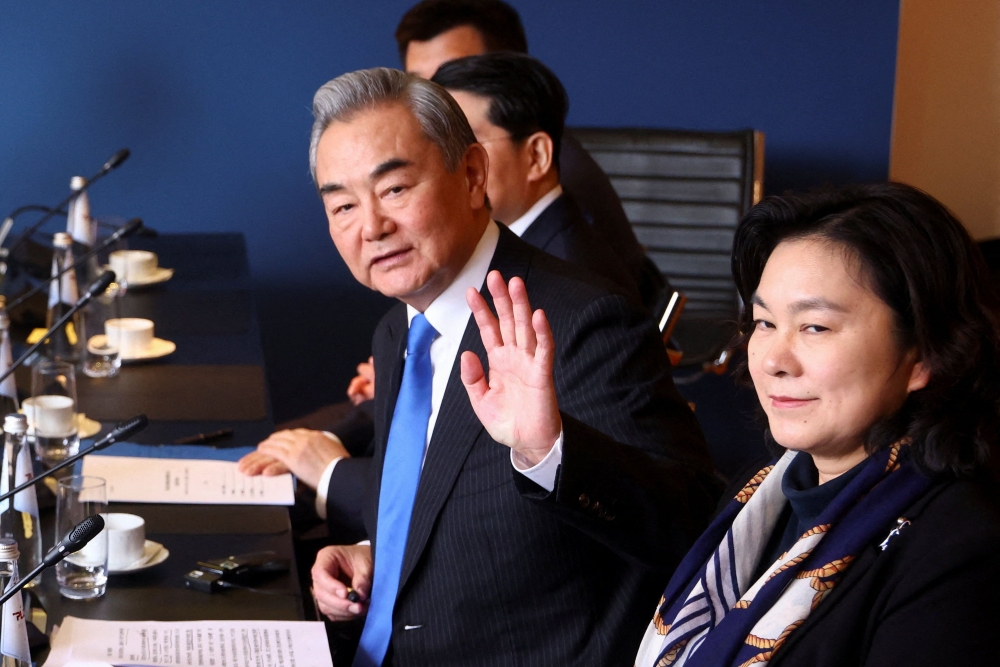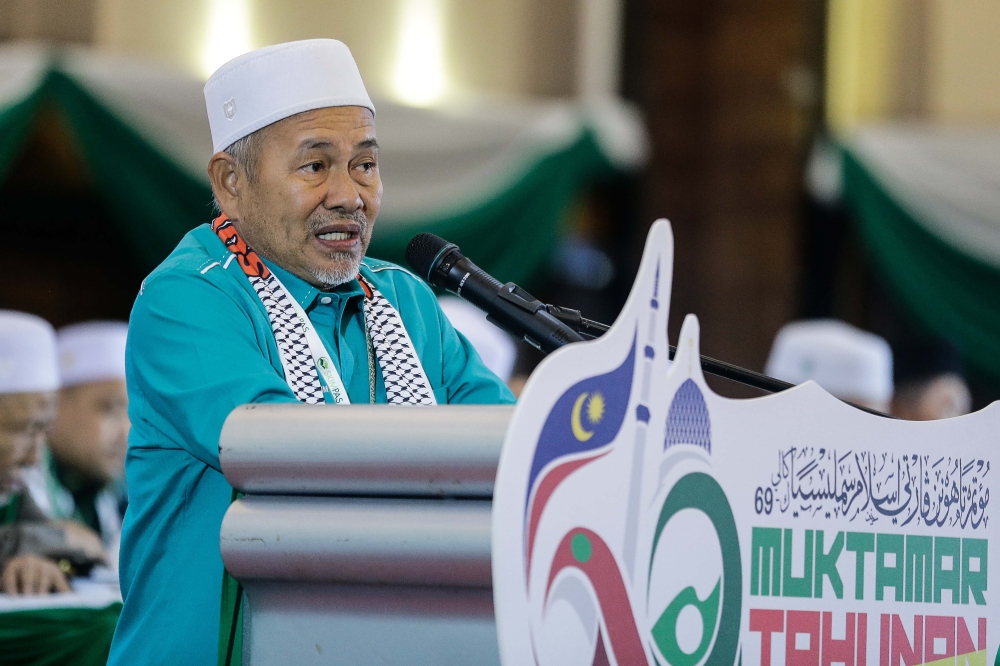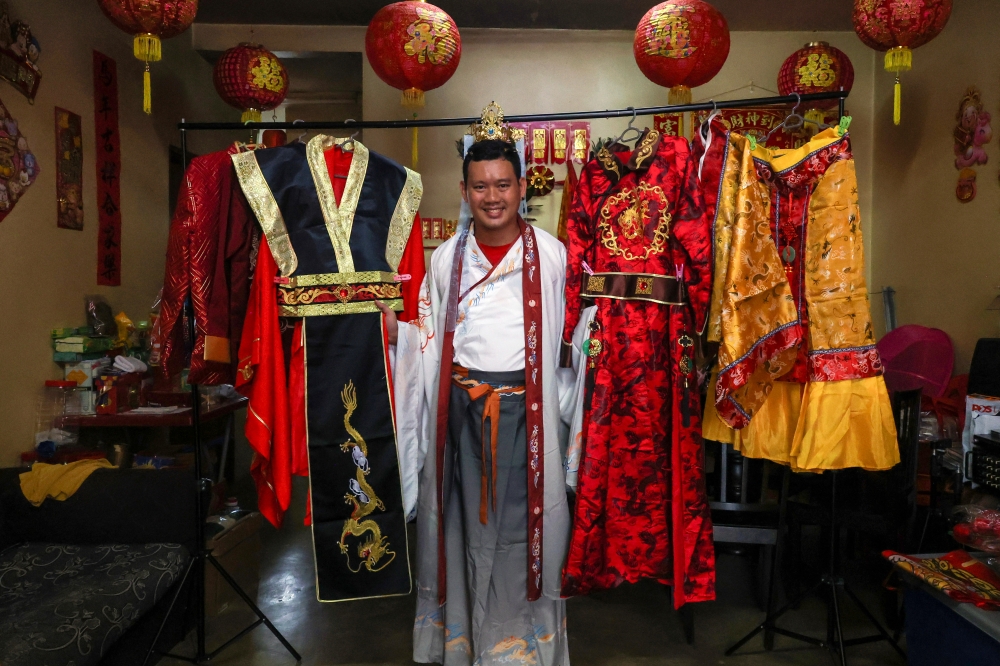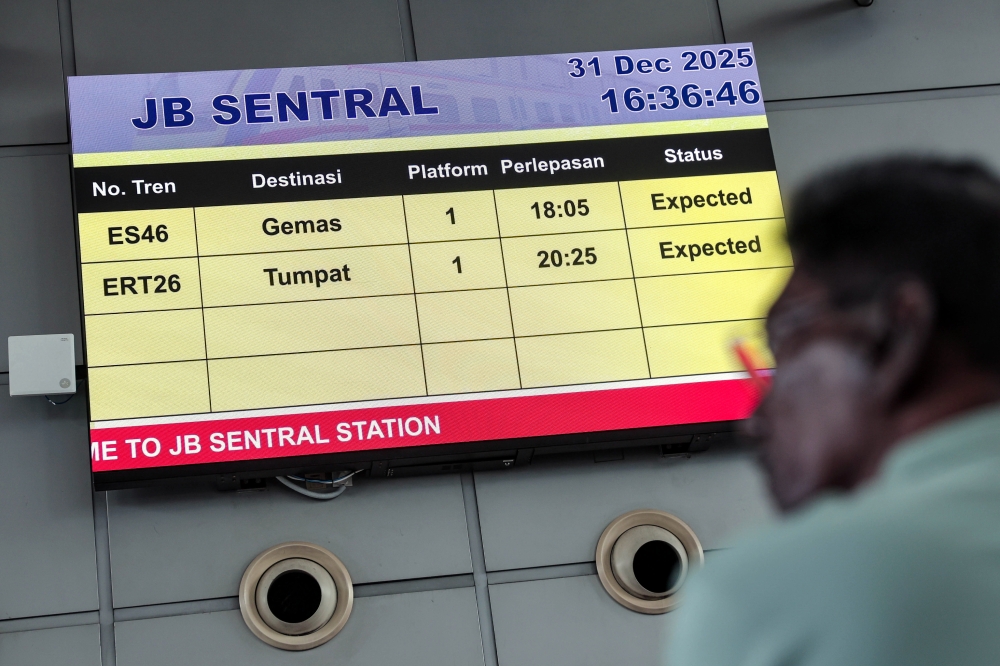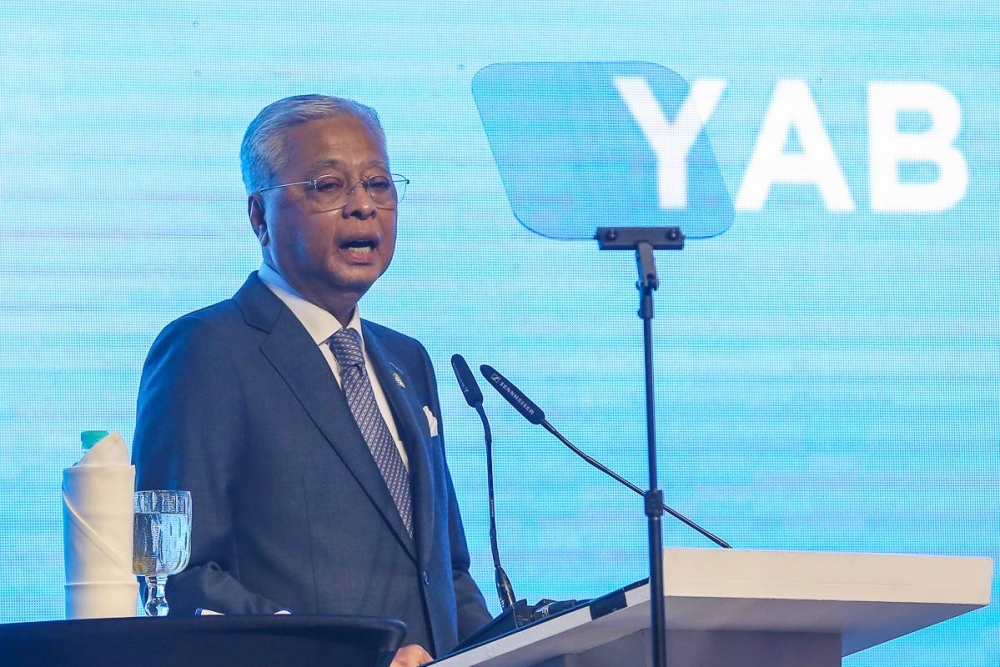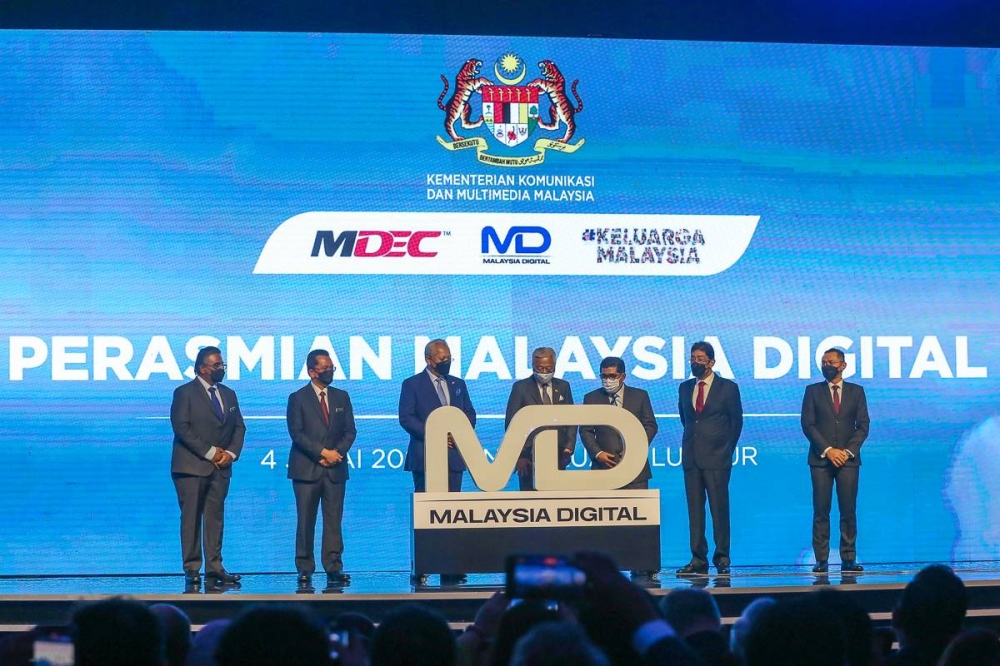KUALA LUMPUR, July 5 — Prime Minister Datuk Seri Ismail Sabri Yaakob today called on the international community to work together by adopting the spirit of the ‘world family’ in facing global challenges, especially during the post-pandemic.
He said the Covid-19 pandemic had taught all countries that the current global challenges could not be tackled alone or in silos.
In fact, he said the world economy and politics were currently facing a complex post-pandemic situation apart from the increasing competition between the world’s major powers.
“In Europe, for example, we are witnessing conflicts that have a devastating impact, not only on the people of the countries involved but also around the world.
“Hence, it is paramount for the world community to intensify efforts and preparations in the face of uncertainty and work together towards a more peaceful, progressive, inclusive and prosperous future,” he said at the opening of the 35th Asia-Pacific Roundtable via a pre-recorded video today.
Citing Malaysia as an example, the Prime Minister said the spirit of Keluarga Malaysia (Malaysian Family) adopted to establish inclusive cooperation by prioritising togetherness and those in need, had proven effective in finding ways to achieve better solutions.
He said the increasingly complex and difficult global issues should serve as a reminder to policymakers about the importance of managing the challenges that could have adverse effects on future generations.
On Asean, Ismail Sabri said the association has always upheld its basic principles which prioritise Asean centrality in facing past and future challenges.
He said the basic principles of Asean such as mutual cooperation and respect for national sovereignty, as well as the spirit of preserving regional peace and stability, had been its recipe for success.
“In this regard, Asean has emerged as a respected and trusted concept for a regional multilateral mechanism. Nevertheless, Asean centrality will continue to be tested by internal and external pressures.
“For that, Asean also needs a combination of bilateral, multilateral and even minilateral mechanisms as well as the creativity and support of non-governmental organisations to succeed,” he said. — Bernama






